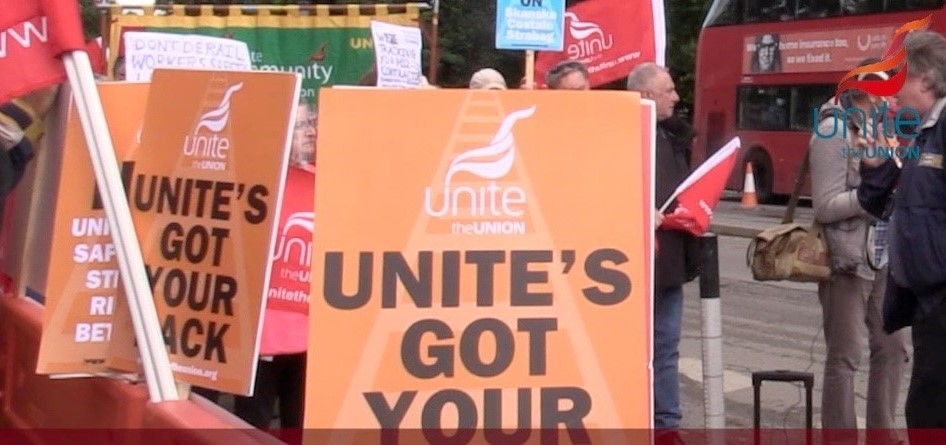Epidemic of loneliness
Men are suffering from a “silent epidemic” of loneliness, new research published this week shows, with more than one in 10 feeling lonely every day.
The research was released to coincide with the Royal Voluntary Service’s Spotlight on Men month on behalf of the Jo Cox Commission on Loneliness, which will raise awareness of loneliness among men and encourage community action to help solve it.
The campaign to tackle loneliness was devised by the Labour MP before her tragic death.
As well as finding that 11 percent of men feel lonely on a daily basis, the survey of 1,200 men also found more than one third felt lonely every week, while 10 percent said they would not admit to feeling lonely.
Around 35 percent said loneliness made them depressed and almost 40 percent said being lonely made them isolated. Nine percent said they do not see anyone regularly, 7 percent said they had no friends at all and 8 percent said they had no close friends.
Construction
The research chimes with a recent Ucatt wellbeing survey of 600 construction workers, who work in a vastly male-dominated sector.
In the survey, nearly 20 percent said they did not have any close friends.
For bricklayer and Ucatt activist Terry Palfrey, 63, loneliness became a fact of life after he was blacklisted in the early 1990s for daring to stand up to his then employer for underpaying workers.
For years, Terry, from Cardiff, struggled not only to find work, but also struggled for understanding from people who treated him as a pariah for not accepting the status quo.
“People who I took for granted – my workmates and colleagues – drifted away and began to blank me once it was obvious I was blacklisted. Some of the attitudes outside of work also shocked me. I stopped going into my local pub because there were people whose attitude was â€you deserved it, you should be grateful for any work you get’. It was a very lonely place to be,” explained Terry.
“If it wasn’t for the union I probably would have had a nervous breakdown because of the isolation. My union colleagues gave me the encouragement and support to carry on and I knew there were other guys who’d had it worse than me.
“I can only speak for myself but I’d tell those in similar situations to reach out to people. It’s easy enough to say, but don’t give up on it or resign yourself to feeling lonely – things do work out.”
Older men
Loneliness is also a big issue for many older men, said Unite’s national officer for retired members, Mark McCartney, who explained that the problem is only set to grow.
Projections show that by 2030 1.5m older men will be living alone in England and Wales – an increase of 65 percent since 2014.
“Research shows that older men, especially those who have lost their partners, are particularly vulnerable to loneliness because they are less likely to form new friendships or take part in clubs or activities, compared to women,” said McCartney.
“For retired men it can be difficult to get the past the stigma of admitting that they are lonely and making a change – but it is entirely possible, especially with the help of friends or family. There are clubs and groups across the country to suit all interests, including organisations like Unite Community and Unite Retired Members, that can help older men to socialise more often.”
Jo Cox Commission co-chair, Labour MP Rachel Reeves, called for a nationwide conversation on how to tackle loneliness.
She said, “Loneliness is a silent epidemic hidden inside every family and community in the UK and can affect any one of us and at any time.
“For the next month, we will explore how and why men experience loneliness and, most importantly, shine a light on the practical steps that can be taken to combat it. Now is the time to break the silence and start a conversation.”
To find out more about the Commission and how to get involved in tackling loneliness in your community visit jocoxloneliness.org. Find out more about the Royal Voluntary Service’s Spotlight on Men campaign here.
 Like
Like Follow
Follow

